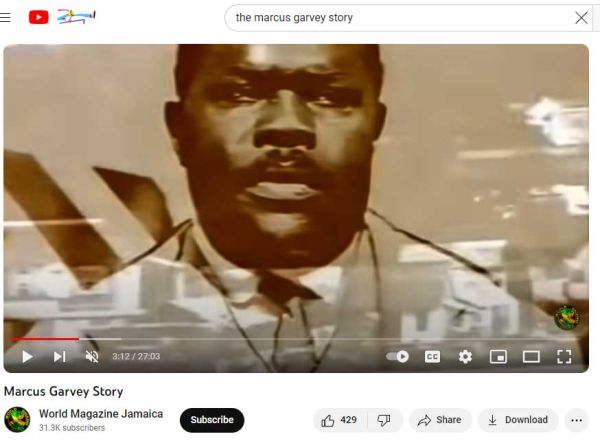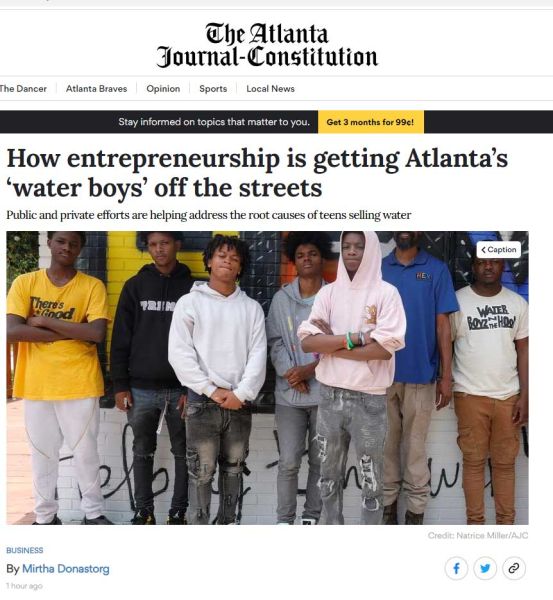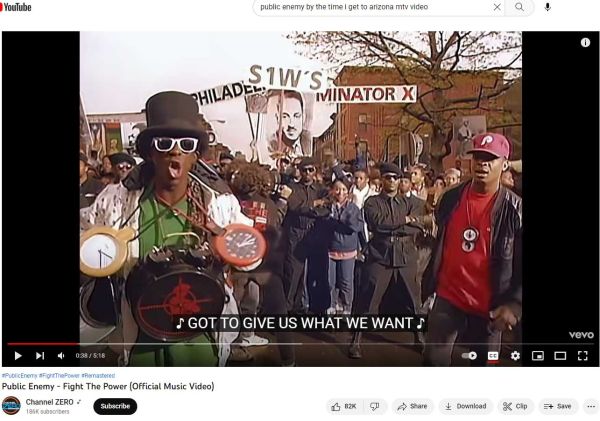Marcus Garvey's Challenge
Marcus Garvey's Challenge
"Now is the chance for every Negro," Garvey writes, "toward a commercial, industrial standard that will make us comparable with the successful businessmen of other races. . . . All that Africa needs is proper education." At another point in his writings, he states, "If the Negro is inferior, why circumvent him? Why suppress his talent and initiative? Why rob him of his independent gifts?"
In order to release suppressed talents and initiative, Garvey believed that Blacks needed their own country. "Nationhood is the only means by which modern civilization can completely protect itself. Independence of nationality, independence of government is the only means of protecting not only the individual but the group. Nationhood is the highest ideal of all peoples." Amen!
Once upon a time, Garvey confronted the White leadership of the U.S. with this demand. If he were alive today, I think he would hurl his questions at Black leaders: If Black people are not inferior, why deny humanity's natural drive for nationhood? Why rob Black people of their independent gifts? Black leaders in America are not guiding them. They are not giving them orientation and a value-system. Any time things go wrong, the response is reflexive: Blame the Whites!
Garvey wrote that he had read Booker T. Washington's book Up from Slavery, and that it led him to ask, " Where is the Black man's government? . . . Where is his President, his country, and his ambassador? His army, his navy, and his men of affairs?" Although I respect his intentions toward American Blacks, I don't think Garvey understood their status and mentality. He did not distinguish between his own upbringing as a free-citizen of another country and his Black audience in America who had little sense of national identity, owing to their second-class status as slaves. Garvey grew up in poor circumstances, as a minority in a British colony, but he had a freedom-loving mentality, and this distinguished him from Blacks in America who had lived a life characterized by dependence on their masters.
Garvey antagonized many with his rough-house language. My made no secret of his loathing for W.E.B. Dubois, for his willingness to accommodate White leadership--calling Dubois the "White Man's NIgger." Perhaps Garvey worried that American Blacks, with their legacy of slavery and their subordinate status, which endured long after, would grow accustomed to White leadership and perpetuate their own second-class status. Garvey wrote, "The political readjustment of the world means that those who are not sufficiently able, not sufficiently prepared (to govern themselves) will be at the mercy of the organized classes for another one to two hundred years."
Garvey, in effect, challenges Black Americans to see public-housing projects as nothing but slave quarters, with large numbers of unemployed people waiting around for the overseer to call them to work in a non-existent plantation. Several recent movies and documentaries deal with Garvey's life. None of them have attracted much attention, either from the critics, nor from the public.




